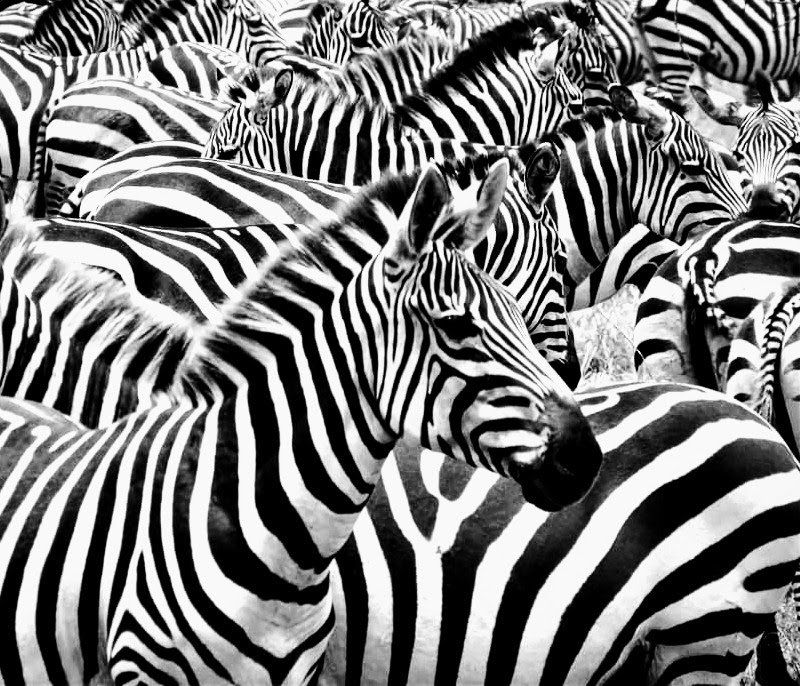WHAT IS CONSERVATION?

There is, unfortunately, a confusing array of definitions of the word conservation. At its most basic level, it can be described as a wise and careful utilization of any resource. It’s not a completely hands-off, fully protected approach, nor is it an absolute, full utilization of anything. It typically is a collective of actions that lie somewhere in between those two extremes. It’s an understanding that nature rarely exists nowadays entirely on its own, with no human influences. We act in concert with the natural world, and our choices can be either discordant or melodious in that regard. Conservation requires the realization that what we do today affects what we can have tomorrow, both in the short as well as the long term, and that natural resources, although renewable, are not limitless.
Not to add to the confusion, but to illustrate just how complicated the subject is, conservation is likely best defined as an amalgamation and orchestration of a seemingly endless myriad of, -ations.
Beginning with inspiration, which may be brought about by adoration, appreciation, observation, obligation, prioritization, speculation, or devastation. Visualization of what needs accomplished involves dedication, and it may be one’s vocation or avocation, or simply be a collateral consideration or inclination of simply your recreation or a vacation.
It may also be a necessitation because of commodification, exploitation, devastation, accumulation, perturbation, regulation, importation, exportation, fragmentation, deforestation, exploration, or legislation. WHEW!
It involves populations of all nations, which may require estimations to determine whether supplementation, minimization, regulation, rejuvenation, consolidation, translocation, or preservation may be required. And, what applications that result in the numbers of these populations increasing or decreasing have as implications and ramifications.
All of these actions may involve experimentation, documentation, investigation, representation, litigation, legislation, administration, collaboration, accreditation, organization, negotiation, diversification, education, and fortification of foundations.
Along the way, those engaging in conservation will likely experience prognostication, gratification, confirmation, negation, complications, consternation, hesitation, frustration, jubilation, perspiration, devastation, and celebration.
Does it sound complex? Does it sound like although there may be common themes, each situation can be very unique? Does it sound like sometimes hard decisions must be made and that it’s not a black and white, clearcut topic with a one size fits all approach? It should sound that way. There are indeed many problems to be solved, many challenges to address, many techniques to employ, and many successes to celebrate as well.
Conservation is not just do we designate land as national parks or not. Do we hunt animals or only photograph them? Do we eat meat or not? Do we use water for lawns or to grow crops? It’s a deciding of how we utilize our renewable natural resources. What we do with land, which provides habitat, the primary component any aspect of nature absolutely requires. It’s a declaration of what our priorities are. What will we tolerate, promote, persecute, propagate, protect or partake of? A reckoning of how we can best accommodate our needs and wants, and how far ahead can we envision or do we care about. And, very importantly, it’s not just the conversation that all of these concerns can readily generate. Heated and polarized all too often. It’s the actions we directly take to ensure that we do not destroy any resources that we wish to see remain.

